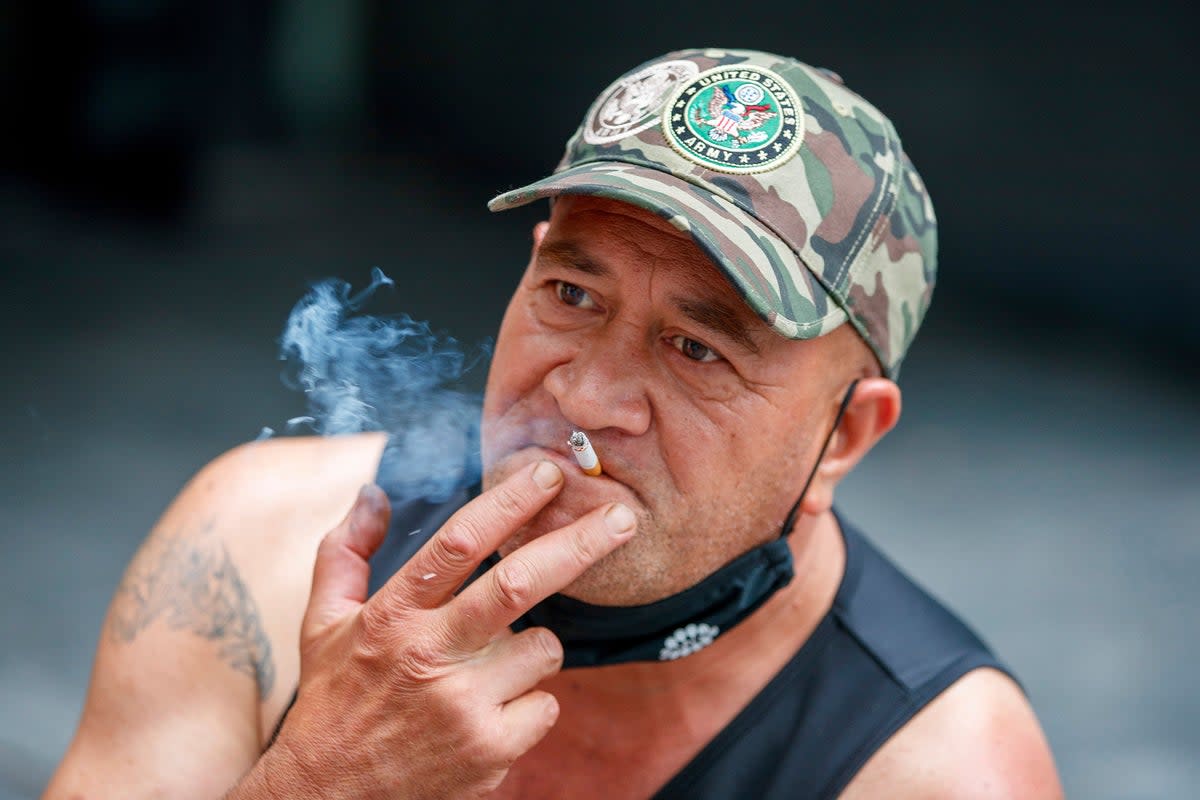New Zealand repeals world-first smoking ban passed by Jacinda Ardern

New Zealand is repealing the world’s first smoking ban passed under former prime minister Jacinda Arden’s government to pave the way for a smoke-free generation amid backlash from researchers and campaigners over its risk to Indigenous people.
The new coalition government led by prime minister Christopher Luxon confirmed the repeal will happen on Tuesday, delivering on one of the actions of his coalition’s ambitious 100-day plan.
The government repeal will be put before parliament as a matter of urgency, enabling it to scrap the law without seeking public comment, in line with previously announced plans.
“The coalition government is committed to the Smokefree 2025 goal, but we are taking a different regulatory approach to reducing smoking rates and the harm from smoking,” says associate health minister Casey Costello.
The ban by the previous government – touted as the toughest anti-tobacco rule in the world – was set to come into effect from July, banning sales of tobacco to those born after 1 January 2009.
It would have also reduced nicotine content in smoked tobacco products by 95 per cent and slashed tobacco retailers from 6000 to 600, removing more than 90 per cent of retailers.
It was the world’s first policy of its kind and inspired other governments, including that of the UK, to consider similar measures. Ms Ardern – the flagbearer of the smoking ban – was widely believed to be the inspiration behind Rishi Sunak’s announcement at the Conservative Party conference last month that he would effectively outlaw smoking among younger generations.

"I will soon be taking a package of measures to cabinet to increase the tools available to help people quit smoking," Ms Costello said, adding that regulations on vaping would also be tightened to deter young people.
Introducing Smokefree Environments and Regulated Products Amendment Bill, she said it will deliver on the government’s 100-Day commitments and “repeal three parts of the last government’s Smokefree legislation: the retail reduction scheme, denicotinisation, and the smokefree generation measures”.
“The last government was moving towards an untested regime that ignored how well quit smoking initiatives were working, and the potential downside of taking a prohibitionist approach for smokers, or for retailers and crime,” she said, criticising the previous government.
The decision has sparked a huge backlash from researchers and experts saying the actions lack logic and evidence, describing it as “shameful”.
Many researchers have raised fears that it could have a greater impact on Maori and Pasifika populations, groups with higher smoking rates.
“Repealing the legislation flies in the face of robust research evidence; it ignores measures strongly supported by MÄori leaders and it will preserve health inequities,” co-director professor Janet Hoek of Otago University’s Aspire Aotearoa Research Centre said.
“Large-scale clinical trials and modelling studies show the legislation would have rapidly increased the rates of quitting among smokers and made it much harder for young people to take up smoking.”
Health Ministry officials had urged the government to retain key aspects of the smokefree law it was planning to repeal, reported RNZ, citing a confidential briefing to Ms Costello.
It also provided Ms Costello with multiple compromise options, including introducing an age limit till 25 years for the purchase of tobacco. But were all rejected, it reported.


